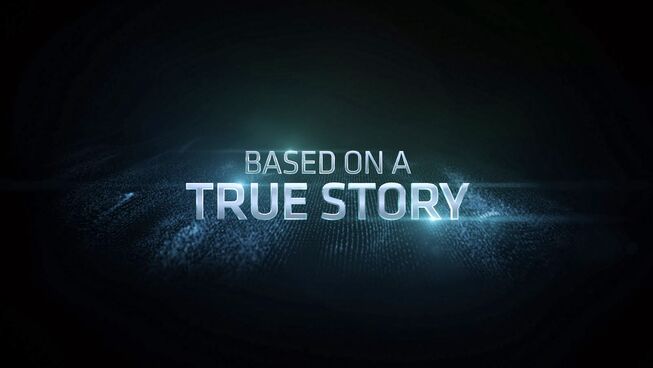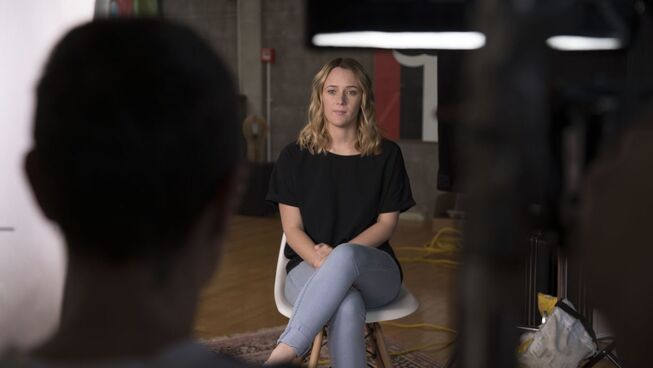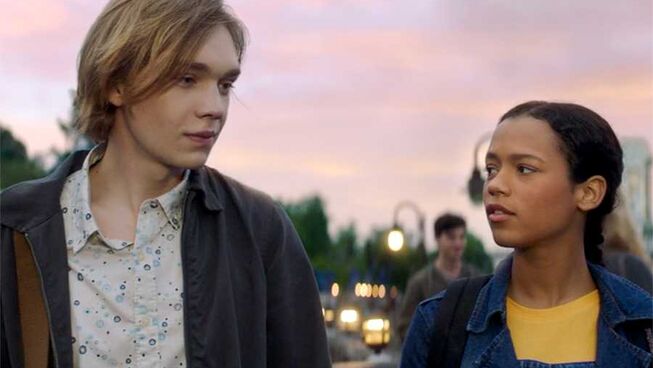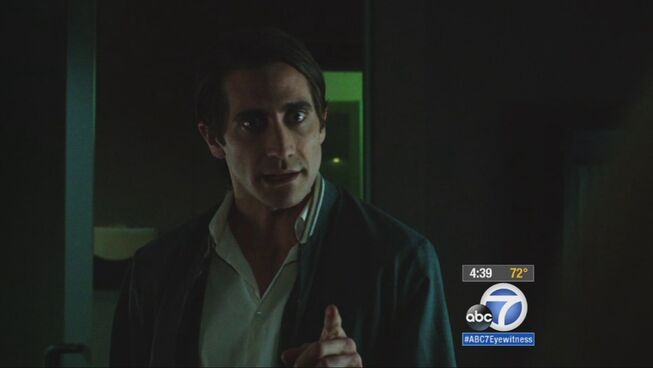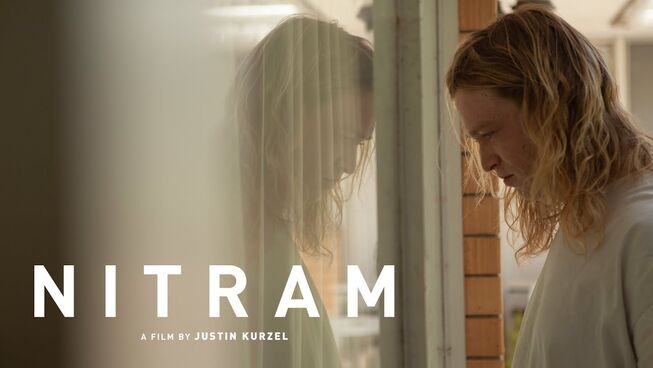
4 out of 5 stars
One of the most haunting and affecting moments in our lives in Australia came when we visited Port Arthur in Tasmania. Among the ruins and buildings of the former prison from years gone by was an abandoned building and memorial to the 1996 Port Arthur massacre. Behind the bushes was a disquieting place of reflection for the 35 individuals who had been killed by Martin Bryant as they were enjoying a day at the famous tourist destination. During our time in Tasmania, this moment became one of the most memorable. We silently pondered this event that changed Australian history forever.
Nitram is a disturbingly personal journey into the life of the man who would eventually become Australia’s biggest mass murderer. Justin Kurzel (Assassin's Creed) takes Shaun Grant’s screenplay and helps audiences to see the tragic life of Martin Bryant while respectfully handling the events in Port Arthur. Without sensationalising the process that led this man to enact terror on a nation, it provides a warning to society of the importance of helping those with mental health issues and managing the sale of firearms.
It all begins with found footage of Bryant being interviewed as a child after a fireworks accident which sets the tone for his life. He was given the nickname Nitram in school; students pronounced his name backward because of his mental state and intellectual struggles. As an adult, Martin (Caleb Landry Jones) lived with parents who did not know what to do with their challenged son. His mother, Carleen (Judy Davis), was a complex woman who chose the tough love path of caring for her boy. At the same time, Maurice (Anthony LaPaglia), took the approach of enabling their child in his life choices. This combination of parenting and an ongoing struggle with medications and therapy, led to Martin leaving the family home and living with reclusive former actress, Helen (Essie Davis). Then after her sudden and heartbreaking death, Martin heads down his destructive path that leads to his horrific actions.
This multi-layered depiction of Bryant’s descent is challenging to experience. Yet, every aspect of the story is handled with meticulous care. Kurzel cuts a fine line between humanising the life of this mass murderer’s world and sharing a warning to society of our need to engage with those who can be marginalised. This is supported by a set of performances that prove to be eerily unforgettable by the central cast. Davis, LaPaglia and Davis deliver some of the best work of their careers. Still, they all are overshadowed by Caleb Landry Jones’ portrayal of Martin Bryant.
As an actor who has played key supporting roles throughout his career, Jones is thrust into the lead actor with violent force. He immerses himself in the twisted mind of his alter-ego. The actor delivers an award-winning depiction of the true-to-life character. From his ability to provide a convincing Australian accent and take viewers into a deep dive into the mental state of his role, Jones deserved the best actor award at the 2021 Cannes Film Festival.
Thankfully Justin Kurzel does not take us through the final actions of Martin Bryant. Still, beyond the stellar performances of the cast, there is little to celebrate about the story. This dark incident continues to be a sensitive touchpoint for the nation, even though it led to immediate gun laws reform. Yet, it does bring to the public’s conscience how we all have more work to help those who wrestle with mental health issues. Nitram will affect the lives of all who manage to make it through until the fateful conclusion. Still, within the dark recesses of this historical story is a message that needs to be heard.
Reel Dialogue: Can there be hope in mental illness?
When it comes to mental illness, where can you find hope? We encourage our readers to listen to the story of Jazz Thornton, who attempted suicide multiple times as a teenager. Yet, she found hope and has since changed the world.
Jazz is a young New Zealander who is the co-founder of Voices of Hope, which provides help and hope to those struggling with mental illness. She advocates for those with depression, anxiety and suicidal thinking all around the world. Jazz is also the award-winning director of Jessica's Tree and her story is the focus of a feature documentary film.
Check out the interview with Jazz on The Bigger Questions episode: WHERE ARE THE VOICES OF HOPE?
Then be sure to watch the film of her work: The Girl on the Bridge


